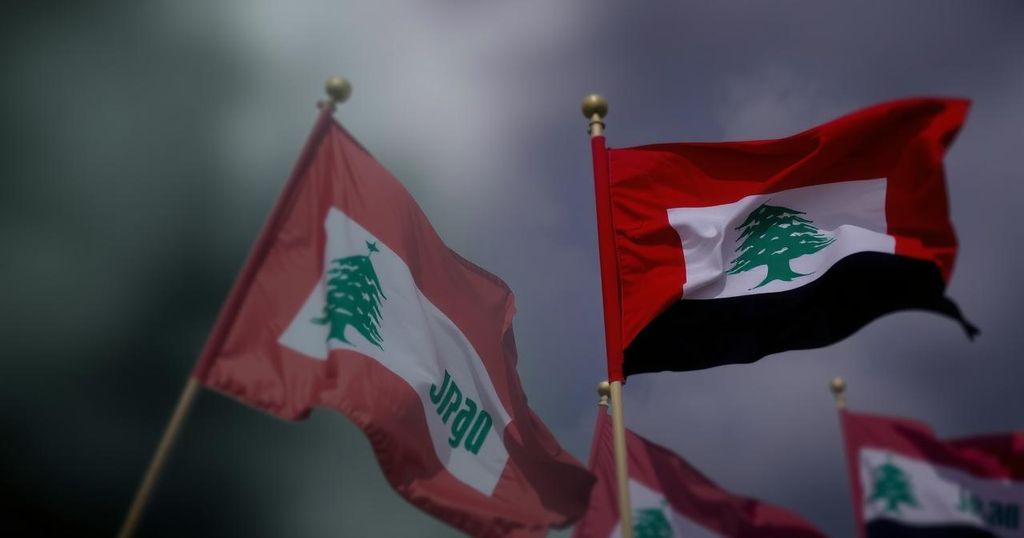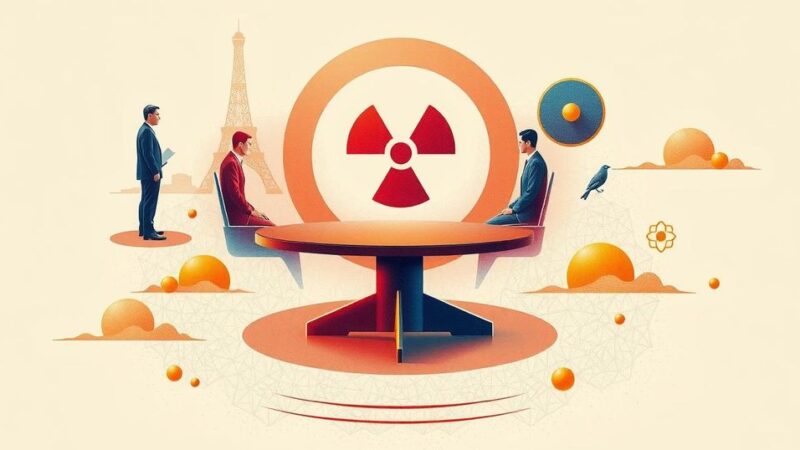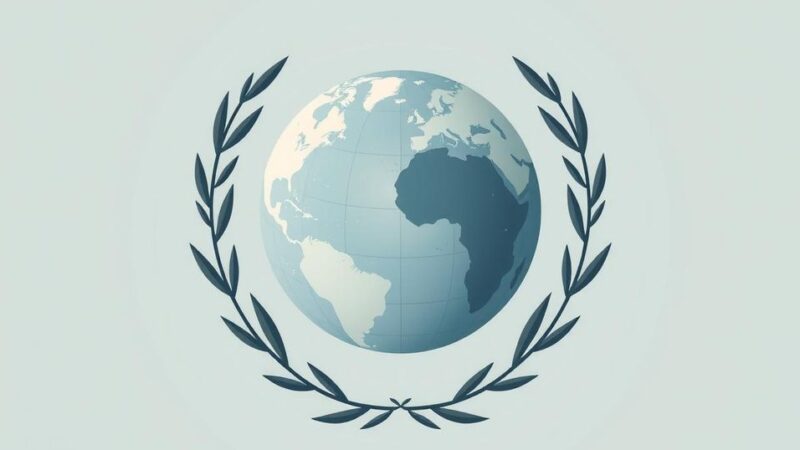Iraq has pledged support for Lebanon and Gaza amidst the ceasefire between Israel and Hezbollah, emphasizing its pivotal role in maintaining regional stability. Government spokesperson Basim al-Awadi noted ongoing assistance for reconstruction and clarified that proposed salary deductions for aiding these regions are voluntary. Prime Minister al-Sudani has called for an Arab-Islamic reconstruction fund to support humanitarian efforts. The situation includes challenges regarding scrutiny of government proposals as Iraq seeks a larger diplomatic role in the region.
Iraq has reiterated its commitment to support Lebanon and Gaza following the recently established ceasefire between Israel and Hezbollah. Government spokesperson Basim al-Awadi emphasized that Iraq’s involvement is crucial for maintaining regional stability and averting more extensive conflicts. He noted that this ceasefire serves not only to calm tensions in Lebanon but also lays the groundwork for peace efforts in Gaza.
During an interview with Iraq’s state television, Al-Iraqiya News, al-Awadi stated, “The ceasefire in Lebanon is an important step that has steered us away from a full-scale war. It will also serve as a foundation for a ceasefire in Gaza.” He reaffirmed that Iraq will continue providing assistance to both regions until stability is fully restored and pledged support for reconstruction efforts.
Al-Awadi also addressed concerns regarding the government’s proposal to deduct 1% from public employees’ salaries for this purpose. He clarified, “This deduction is not mandatory but entirely optional,” emphasizing that employee and retiree salaries are constitutionally protected. Furthermore, he indicated that the proposal has been met with resistance orchestrated through a coordinated media campaign.
In light of potential Israeli threats, al-Awadi spoke of the government’s proactive measures, stating, “The National Security Council has developed security and military strategies to counter any threats.” He asserted that all necessary steps would be taken to safeguard Iraq’s sovereignty.
Iraqi Prime Minister Mohammed Shia’ al-Sudani has also advocated for the creation of an Arab-Islamic reconstruction fund aimed at aiding Gaza and Lebanon at a recent summit, calling for contributions from all nations. He remarked, “Iraq’s commitment to aiding Palestine and Lebanon reflects our belief in humanitarian responsibility.”
The evolving dynamics between Iraq and the United States were also touched upon by al-Awadi, who indicated that future engagements will be aligned with Iraq’s national interests, especially in the context of the incoming U.S. administration. This commitment to supporting regional stability while ensuring Iraq’s sovereignty reflects a larger ambition to enhance Iraq’s role in diplomatic and humanitarian arenas. Nonetheless, domestic critics continue to scrutinize the legality of the proposed salary deductions for the support initiatives.
The current political climate in Iraq reflects a growing desire among its leaders to take a more active role in addressing humanitarian crises in neighboring regions. Following heightened tensions and conflicts involving Israel and Hezbollah, Iraq has positioned itself as a mediator, reaffirming its historical ties to Lebanon and Palestine. The proposed salary deduction initiative has sparked debates regarding its legality and the public’s willingness to contribute financially to external aid efforts amidst ongoing domestic challenges. This backdrop forms a complex tapestry of Iraq’s international relations and domestic governance, as the country navigates its commitments to foreign aid and public support.
In summary, Iraq’s commitment to assist Lebanon and Gaza following the ceasefire between Israel and Hezbollah underscores its pivotal role in regional diplomacy. Al-Awadi’s assurance of continued support, despite domestic concerns over salary deductions, highlights the complexities of balancing humanitarian responsibility with public sentiment. Iraq’s aspirations to establish itself as a fundamental player in conflict resolution and reconstruction efforts are evident, but they are met with scrutiny, particularly regarding the voluntary nature of proposed financial contributions. The situation remains dynamic as Iraq maneuvers its relationships with both neighboring countries and international partners.
Original Source: www.newarab.com






